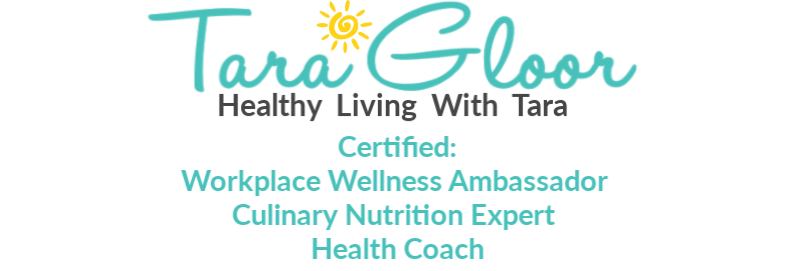Cooking your own meals affords you the peace of mind that goes along with having complete control over the type and quality of ingredients in your meals and to control portion sizes. Restaurant and other commercially prepared foods are notoriously high in fat, salt, and sugar. Preparing meals at home also allows you to easily accommodate family members or guests who have allergies or food intolerances.
Reclaim your kitchen. Throw away items with high fructose corn syrup, hydrogenated fats or sugar, and those with a list of ingredients that you can’t pronounce. Fill your shelves with real, fresh, whole, local foods when possible. Plant a garden if you have a green thumb, or if you’re like me who unfortunately doesn’t, you can join a local CSA – Community Supported Agriculture – click here for more information on how to do that.
Try to avoid frying foods by learning to roast or bake or even by adding more raw foods to boost flavour and reduce extra calories. Experiment with herbs and spices to reduce your salt intake. You can also incorporate lemons and limes to add flavour.
Not only is eating at home kinder to your waistline, but it is also kinder to your wallet. Eating at restaurants even just a few times a week can easily cost more than a full weeks’ worth of groceries. The key to maximizing your savings is being organized. Plan your week’s meal in advance and write a grocery list and remember NOT to shop on an empty stomach. If you don’t have time to eat a meal prior to going to the grocery shop, then make sure you have some healthy snacks. You can make this a family activity. You don’t have to make elaborate labour intensive meals, keep it fast and simple.
Cooking at home also teaches you to savor the food you have made. The act of preparing and cooking your own meals can help everyone who is involved learn to appreciate and enjoy the food. Learning to savor your food can help you tune into the act of eating, making you less likely to overeat and thereby less likely to become overweight.
Children benefit greatly from the ritual of eating meals together. Family meals provide opportunities for sharing the day’s events. Cooking meals at home and involving your children in food preparation is the best way to teach them healthy eating habits as found in this article from Dr. Mercola.
The most important and the most powerful tool you have to change your health and the world is your fork.
Dr. Mark Hyman
Tip: Don’t forget about left-over’s, they are a great time-saver. For example, if you make one large pot of quinoa in the morning you can eat it for breakfast to substitute your sugary cereal, mix it with a salad for lunch, and use what’s left to add to a stir-fry for dinner.
Please reach out and let me know if there are any specific topics you would like me to blog about. I would to hear your thoughts.
Keep well and thanks for reading.



